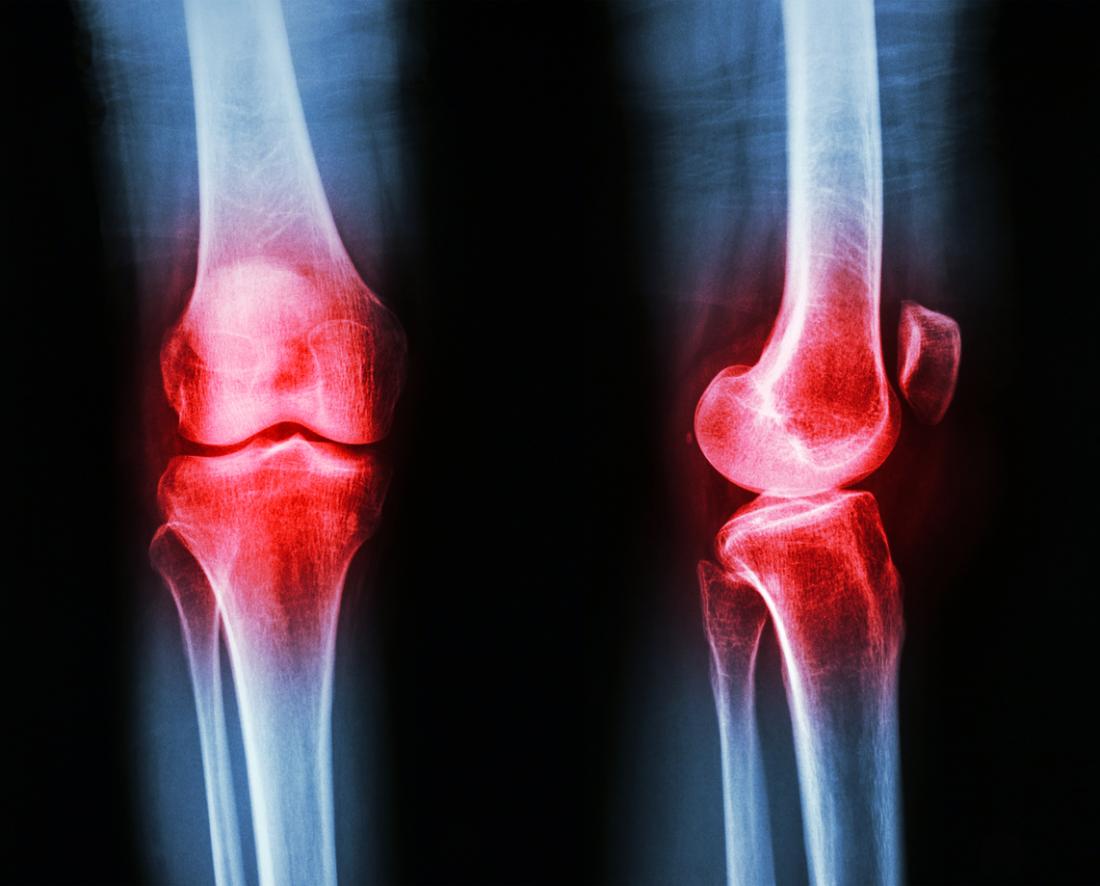The Cortisone Controversy: Can Injections Damage Knee Cartilage?

The Cortisone Controversy has been a hot topic of debate for years. Many people are concerned that cortisone injections could be damaging their knee cartilage, but the evidence is inconclusive. Some studies suggest that cortisone shots can provide temporary relief from joint pain, while other research indicates they could have long-term negative effects on the integrity of the knee joint.
This article will delve into this contentious subject and analyze both sides of this complex issue so you can make an informed decision about whether or not to seek these types of treatments.
The Cortisone Debate: The Pros and Cons of Knee Injections
The controversy surrounding cortisone injections for knee pain has been raging since the 1950s when they were first introduced as a treatment option. The idea behind them is fairly simple: inject a steroid into the knee joint to reduce inflammation and provide relief from chronic pain. However, many experts have raised concerns that these shots could be doing more harm than good by damaging cartilage in the long term. This article, will take a closer look at both sides of this ongoing debate to help you decide whether or not cortisone injections are right for your situation.
On one side of the argument are those who believe cortisone shots can be beneficial in some cases. Proponents claim that when used judiciously and under close medical supervision, these injections can provide temporary relief from severe knee pain without any serious long-term consequences. They point out that there may even be other advantages associated with these treatments such as improved mobility and reduced stiffness in affected joints. On the other hand, some think that cortisone shots should never be used due to their potential risks to knee cartilage health over time.
Opponents argue that because steroids suppress an individual’s immune system – which is necessary for proper healing processes – taking too many of them can lead to serious complications such as the increased risk of infection or further damage to vulnerable ligaments and tendons surrounding joints already weakened by arthritis or injury. Additionally, they point out that while short-term relief may occur after receiving a shot it often doesn’t last very long anyway so people might just end up needing more injections down the road if they don’t address the underlying causes of their discomfort first via physical therapy or lifestyle changes like diet adjustments or exercise modifications instead.
For anyone trying to make an informed decision about whether or not to receive cortisone shots for their knees, it’s important to weigh all factors carefully before proceeding either way – pros, and cons included! Ultimately only you can determine what course is best given your unique set of circumstances but hopefully understanding both arguments better will help guide you toward making an educated choice about how best to treat your condition going forward
Investigating the Potential Risks of Cortisone Injections for Knees

Source: cdn-prod.medicalnewstoday.com
When it comes to the potential risks of cortisone injections for knee cartilage, there is much controversy and debate. Cortisone is a steroid hormone commonly used to reduce inflammation in joints and other parts of the body that are prone to become swollen or irritated. It has been an accepted form of treatment for many years, but recently some research has suggested that long-term use can cause serious damage to joint cartilage leading to further problems down the line.
Those who advocate for cortisone injection point out its short-term benefits including reducing pain and allowing athletes to continue with their sports activities without interruption. However, those who oppose using this form of treatment worry about possible long-term consequences such as weakened tendons, reduced mobility, and increased risk of infection due to puncturing the skin with needles over time. Furthermore, when injected directly into a joint area like the knee or elbow it can also potentially lead to a breakdown in collagen fibers within the cartilage which could result in irreversible structural damage.
Considering these factors raises important questions about how cortisone should be used if at all. Is it worth risking possible permanent damage just for short-term relief? What alternatives are available? While no definitive answers have yet been reached on these issues more research needs done before any firm conclusions can be made regarding its safety and efficacy when treating knee conditions specifically.
Examining the Link between Cartilage Damage and Cortisone Treatments
The link between cartilage damage and cortisone treatments is one of the most hotly debated topics in modern medicine. Cortisone injections are often used to treat knee pain, but some studies have suggested that these injections may have a damaging effect on the cartilage of the knee joint. To examine this potential connection more closely, researchers have conducted several studies looking at how cortisone treatments affect the health of knee cartilage and its ability to self-repair after an injury.
These studies suggest that while cortisone injections can reduce inflammation in the short term they could be causing long-term harm by slowing down or preventing repair processes within damaged cartilage cells. This raises serious questions about whether it is safe to use cortisone injections as a treatment for knee injuries, especially when non-invasive alternatives exist. While further research is needed to better understand both the benefits and risks associated with this form of therapy, it appears clear that caution should be taken before administering any kind of injection into a patient’s knees.
Assessing the Impact of Long-Term Use of Cortisone on Joint Health

Source: clf1.medpagetoday.com
The long-term use of cortisone injections in the knee joint has been a controversial topic among those in the medical profession. While cortisone injections can provide short-term relief from pain and inflammation, there is growing concern that they may cause significant damage to knee cartilage over time. This article will explore the potential risks associated with prolonged use of cortisone shots and how it could impact joint health.
Studies have shown that regular injections of cortisone into the same joint area can lead to a breakdown in collagen fibers, which are essential for maintaining healthy cartilage. Over time, this breakdown can result in an increased amount of wear and tear on surrounding tissues as well as decreased mobility in the affected knee joint. Furthermore, long-term use of these drugs has also been linked to an increased risk for osteoarthritis development due to weakened bones and impaired healing response within joints. It is important for patients considering frequent or repeated cortisone injection treatments to understand all potential risks before making any decisions about their care plan.
Patients should consult with their physician about possible alternative treatments such as physical therapy or nonsteroidal anti-inflammatory medications (NSAIDs). Additionally, lifestyle changes such as losing weight or incorporating low-impact exercises into daily routines may help alleviate symptoms without further damaging joints over time. Ultimately, assessing the effects of long-term use of cortisone requires careful consideration by both patient and practitioner alike; while these shots may provide immediate relief from painful discomfort they must be weighed against any potential consequences down the line when deciding upon a course of treatment best suited for individual needs.





